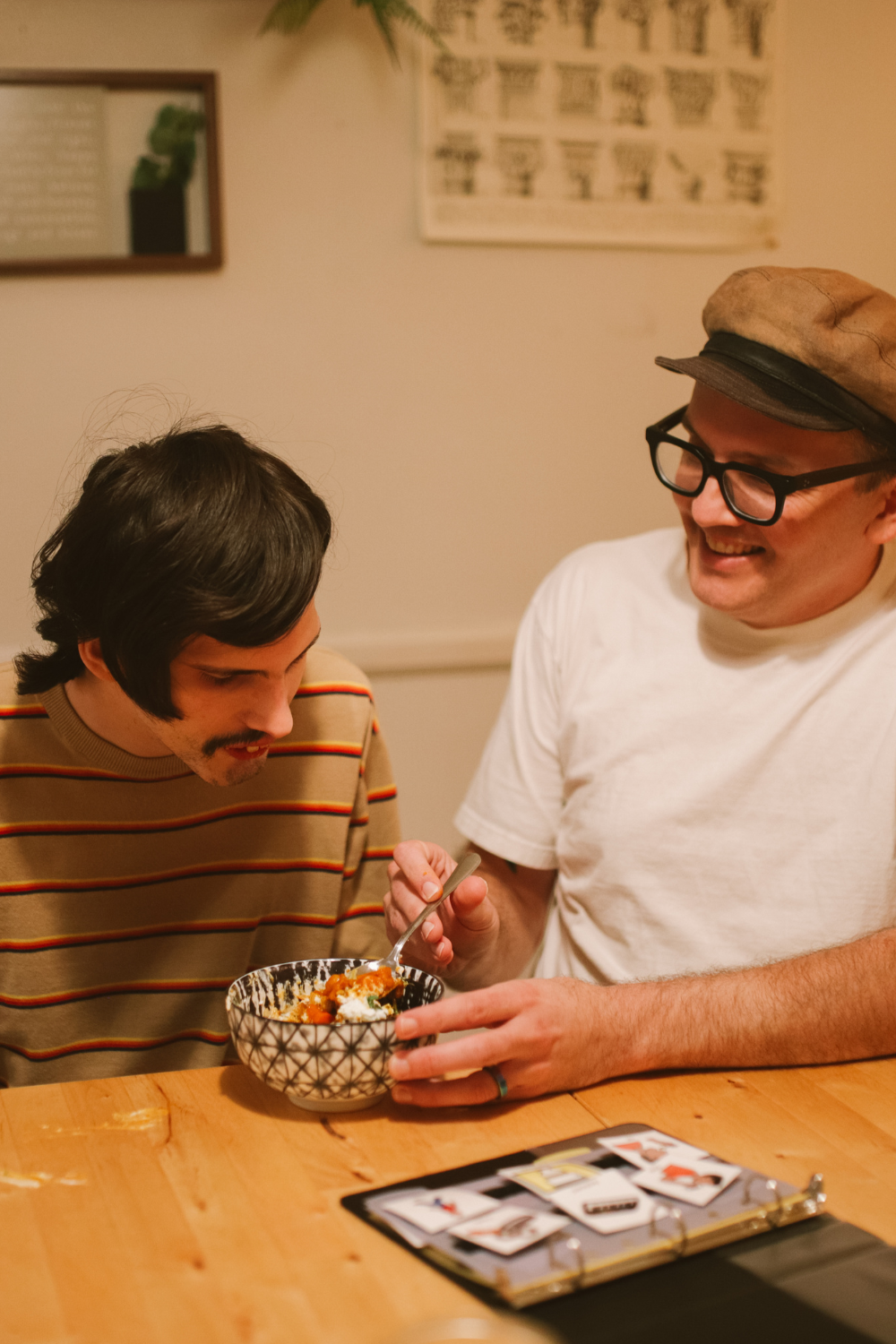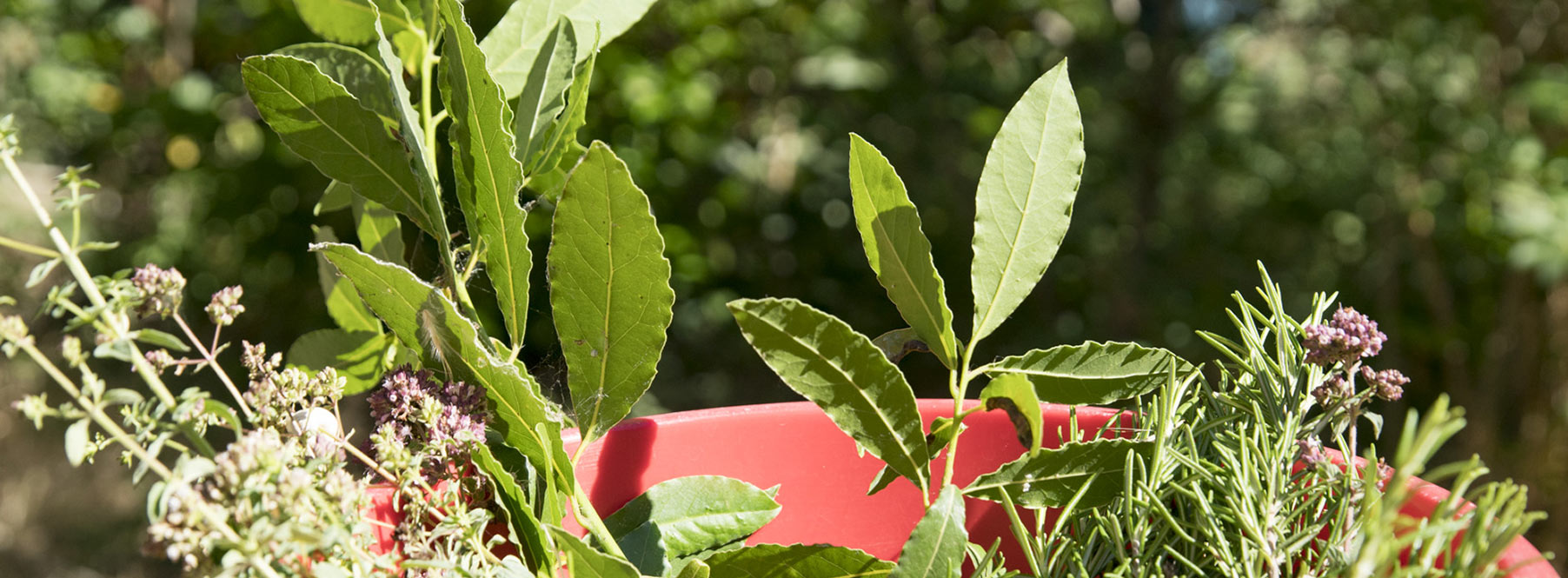Our news
Our partners
The aim of the APIA project is to help autistic adults to be included in society and to promote their independence and well-being through food by supporting those who work with them.
Universidad de Zaragoza
The Universidad de Zaragoza (University of Zaragoza, Spain) is a Spanish public teaching and research institution. It offers courses in all fields: arts and humanities, engineering and architecture, experimental sciences, health sciences, social sciences and law.
Since 2004, the team at the Food Science and Technology Department of the Agrifood Institute of Aragon has been responsible for the economic and administrative management of international education and training projects, including those under the ERASMUS+ programme.
The researchers involved in the APIA project have previous experience of improving the nutrition of people with special needs, such as diabetes, coeliac disease, cardiovascular disease and dysphagia. They also have experience of assessing nutritional status using screening tools and comprehensive assessments of diet and body composition.
The people involved in this project are
Ana Ferrer Mairal, a lecturer on the degree course in Nutritional Sciences and Dietetics and the master’s degree in Food Quality, Safety and Technology. Her research career focuses on the design of food products for people with specific nutritional needs and on culinary science and technology.
Sara Remón Oliver is an R&D project manager with extensive experience of R&D activities in private companies and research institutes. For over 15 years, she has managed R&D projects in the agri-food sector at international, European and national level.
Teresa Sanclemente Hernández teaches on the Human Nutrition and Dietetics degree course, the Dentistry degree course and the Assessment and Physical Training master’s course.
Coordinadora de Asociaciones de personas con discapacidad de Huesca
CADIS Huesca is a Spanish non-governmental, social and non-profit organisation set up in 1996 to promote the social inclusion of people with disabilities and their standardised active participation in society.
CADIS Huesca works to improve the lives of people with disabilities through accessibility, access to work, education, health, social participation, culture, leisure and sport.
The federation currently comprises 29 Spanish organisations. These organisations provide services for people with all kinds of disabilities: physical, sensory, intellectual, mental disorders and neurological diseases such as multiple sclerosis, Parkinson’s disease or Alzheimer’s disease. Adults with autism are also included.
Since 2016, it has been working on dysphagia issues as part of the ‘Huesca more inclusive’ project. Thanks to this initiative, an active working network has been created with the involvement and alliance of the main players in the sector: health professionals specialising in dysphagia, lecturers from the human nutrition and dietetics degree, lecturers from the culinary school, nursing home professionals and professionals from disability entities.
The people involved in this project are
Ana Cortés, has developed training and support resources tailored to disabled users, as well as professionals in the health and food sectors.
Aroa Almazán, has over 15 years’ experience in developing health promotion programmes for different groups. She has developed numerous training courses for professionals on disability and dependency, aimed at professionals in the social and health sectors, and has also developed training courses on healthy habits aimed at the teenage population.
Arancha Vega, has been Press and Communications Officer at CADIS since 2018, where she develops the communication campaigns for the European projects managed by the coordinator, in addition to the other duties of her post. Throughout her professional career, she has held positions of responsibility always linked to the design, creation and dissemination of content.
Marta Peña has extensive experience of coordinating projects and events in collaboration with a wide range of organisations, some with EU financial support. She has run four summer courses at the Universidad de Zaragoza, all on the theme of disability and social inclusion.
Pour La Solidarité ASBL
Founded in 2002, POUR LA SOLIDARITE (PLS) is an independent European think tank committed to a Europe of solidarity and sustainability, working to defend and consolidate the European social model, a subtle balance between economic development and social justice.
PLS has a team of 20 people working on five thematic areas: social affairs, the social economy, corporate social responsibility (CSR) and diversity, sustainable development and civic participation.
Recognised as a lifelong learning organisation, PLS has always conducted high-quality research on social inclusion issues, particularly on the question of personal services: ‘La digitalisation des services à la personne’ in June 2017, ‘Être aidant, entre solidarité choisie et précarité subie’ in March 2017, ‘Services à la personne, qualité des emplois et des services’ in March 2016, and so on. PLS also has over ten years’ experience in coordinating and implementing European projects.
Through its various activities and thanks to the expertise developed by an interdisciplinary team, PLS has experience both in the theme of personal services, particularly for vulnerable people, and in the theme of food, in particular sustainable food through the European project Training 4 Sustainable Food System Development (T4F).
PLS was also a partner in the Eat@home project (Erasmus+), coordinated by the SOS Seniors Group. This project aims to highlight the positive role of an adapted diet on the health and autonomy of the elderly by offering a book of adapted recipes, and training on the diet of the elderly for caregivers.
The people involved in this project are
Jeremiah Lahesa, is European think & do tank POUR LA SOLIDARITÉ-PLS project manager. He is committed to combating social inequalities, with a particular interest in issues relating to education and language skills. Active in the Brussels community as a professional and volunteer, he is involved in issues such as early school leaving, sustainable food, civic participation and mental health at both local and European level.
Fondazione per l’Autismo
The Fondazione per l’Autismo A18 (A18 stands for autism 18) is a non-profit organisation founded by the family of an autistic person and based in Cagliari (Sardinia), Italy. Its aim is to create and disseminate a culture, knowledge and good practice on autism, particularly in adulthood.
A18 is dedicated to creating an autonomous organisation to support adults with autism throughout their lives, empowering individuals, families and communities through evidence-based practice, innovative research and high-impact training. A18 runs a specialist centre (in agreement with local government) for 18 people with autism. The centre offers residential and semi-residential services. It currently employs 25 staff (educators, psychiatrists, psychologists and carers) and 7 volunteers.
Centre A18 is the first Autistic Spectrum Disorders Centre in southern Sardinia to have signed an agreement with the National Health Service, designed to offer psycho-educational and rehabilitation activities to young adults with Autistic Spectrum Disorders.
A18 aims to improve the quality of life of people with autism. To achieve this objective, A18 has been involved in various activities, including participation in national and international projects. These experiences have enabled it to acquire expertise in project management, teamwork, knowledge sharing and dissemination.
The people involved in this project are
Paola Scano, PhD, and legal representative of the organisation, is involved in two previous Erasmus+ projects. Lecturer at the University of Cagliari, Italy, in the Master’s course in Food and Nutrition Sciences (LM61). Mother of a person with autism spectrum disorders.
Irene Fusaro is a psychologist and clinical supervisor for A18 services. She is the main source of staff training, parent training and programme supervision, and cooperates in preparing and managing work placements for people with disabilities.
Luigi Croce, is a medical doctor, an international member of the American Association on Intellectual and Developmental Disabilities and the International Association for the Scientific Study of Intellectual and Developmental Disabilities, senior consultant in psychiatry at A18, expert and researcher in the field of the integrated clinical/psycho-educational approach to autism and behavioural psychopharmacology.
Les Insatiables
The Les Insatiables association, based in Paris and set up in 2014, operates throughout France. It relies on a strong operational team that deploys preventive health actions around food for several audiences: seniors, carers, residents in EHPAD, children and young people, the public in precarious situations, through more than 40 fun and educational formats.
Since the association was founded, it has run more than 2,140 initiatives and reached 95,500 beneficiaries (including more than 73,800 senior citizens) in 60 French départements.
Les Insatiables has been recognised as food experts for a number of years, and is keen to take action on behalf of all sections of the population who may be experiencing difficulties with their diet.
All of the association’s teams are keen to extend the scope of their work to include people with disabilities, a group with real needs.
disabled people, an audience with real needs in terms of support around food, and so make it an established player in this field in France and Europe.
The people in charge of rolling out the APIA project are experienced project managers who have been organising initiatives for vulnerable groups for several years. To support the carers, the project leaders demonstrate empathy, listening and sharing, which are key qualities for adapting initiatives for autistic people. The project leaders have been trained by a training psychologist in this particular approach, making them perfect project leaders.
The people involved in this project are
Lucille Mondain-Monval, who started out as an intern with Les Insatiables for a year and worked on a national project throughout the year, giving her the opportunity to learn organisational and project management skills. Lucille has been working as Project Manager since September 2023. With a commercial background specifically focused on Europe, she has been able to develop a number of international issues and has acquired a C1 to C2 level in English.
Juliette Vachon, joined Les Insatiables in August 2021 as project manager for the region of Auvergne-Rhône-Alpes, overseeing the roll-out of preventive measures promoting healthy and sustainable eating among elderly people and their carers. In 2023, she will take over supervision of the team and development of activities in the region.
Claire Lagrange, currently a communications officer, uses her expertise to initiatives aimed at improving the diet of vulnerable groups. With a rich and varied background in communications, she puts her skills at the service of projects that strengthen social ties through adapted and inclusive food practices. Her ability to combine organisation, creativity and sensitivity enables her to promote food as a lever for well-being and solidarity.
Plus d’actualités

